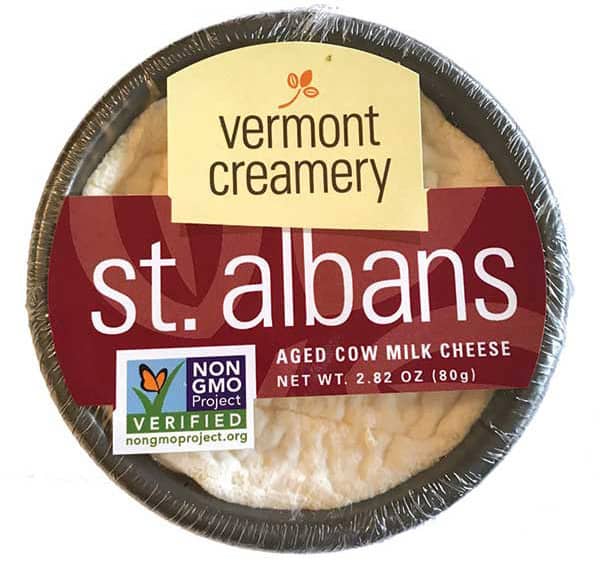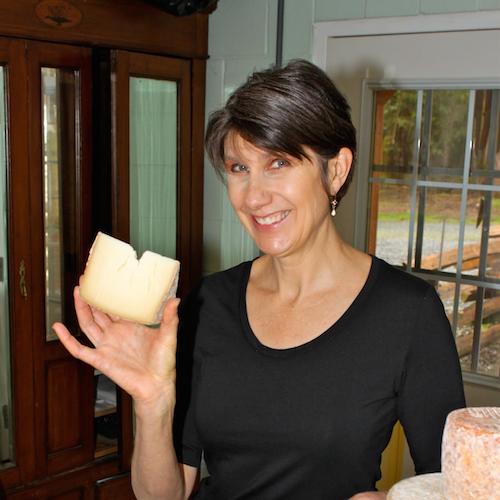
What makes a cheese non-GMO, and how can I identify non-GMO cheeses?
The guarantee of a non-GMO product (made without using genetic engineering) can be tricky when it comes to cheese, which rarely contains ingredients that have themselves been genetically modified. For evidence of GMOs, then, we look further down the food chain. In the case of milk, animals may have been fed genetically modified products (such as certain varieties of corn, alfalfa hay, or soybeans), and the rennet (the enzyme used to coagulate that milk during cheesemaking) may have been produced using engineered microbes. Since tracking these isn’t always easy, the best way to shop with confidence is to buy non-GMO-verified or USDA Certified Organic products (both of which cannot contain GMOs).
Another solution is to buy from a cheesemaker you trust. For example, many small-scale farmstead operations use non-GMO feed and traditional or non-engineered microbial rennet but don’t pursue non-GMO or Certified Organic labeling due to cost and management obstacles. It pays to do a little research—if you seek local producers and inquire about milk source and other ingredients used, chances are you’ll find plenty of cheeses that satisfy your preferences.





Besides Rumiano organic cheeses, Vermont Creamery and Montchevre, do you know of other cheeses with the Non GMO Project certification? I’m also curious about others currently in the certification process.
It’s a fairly new endeavor for the dairy industry, however we’ve seen Non Gmo cheeses from Rumiano Cheese Co., Trickling Springs, and Somerdale. Thanks for commenting!